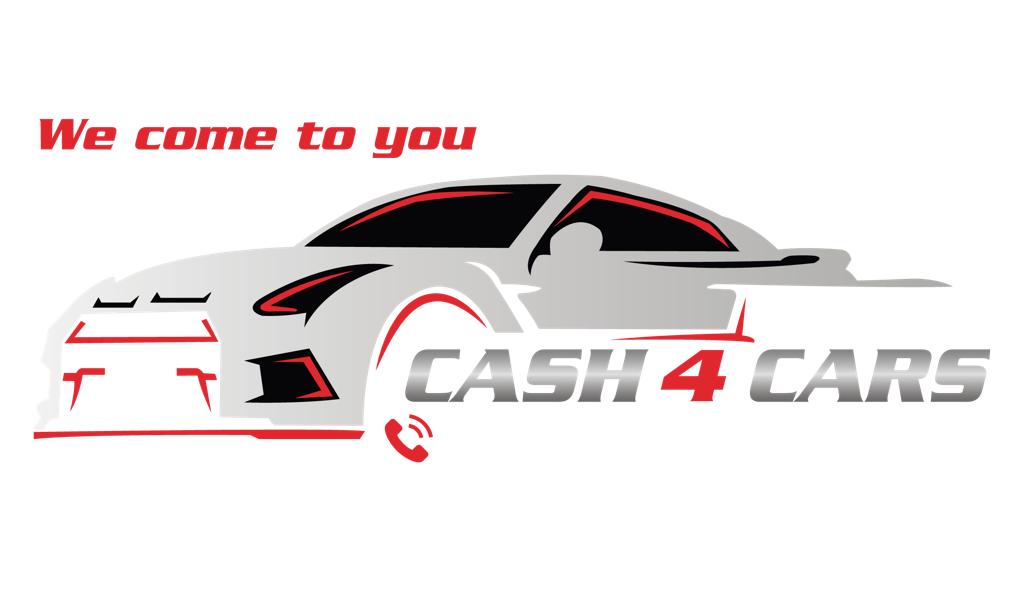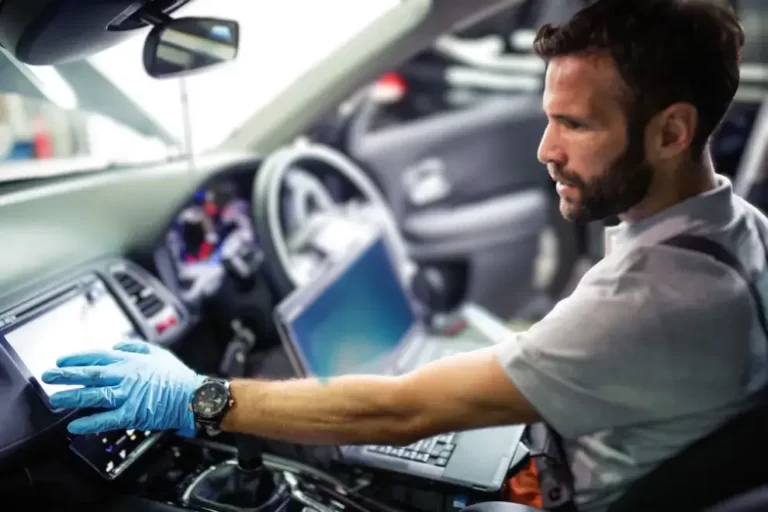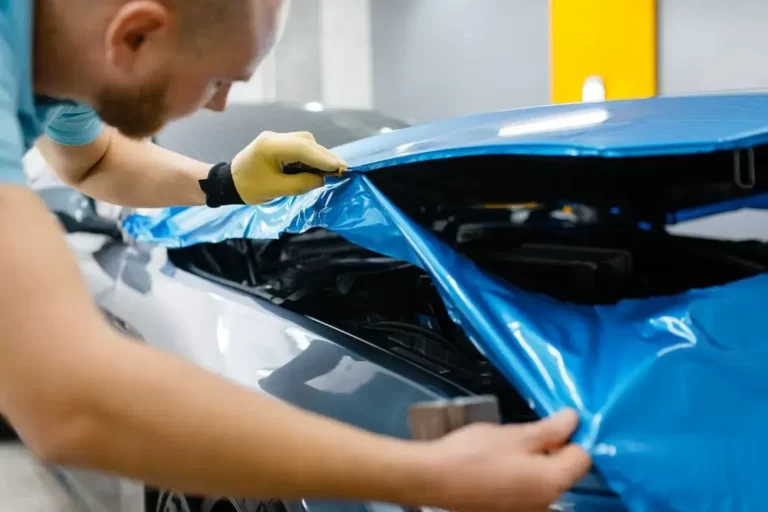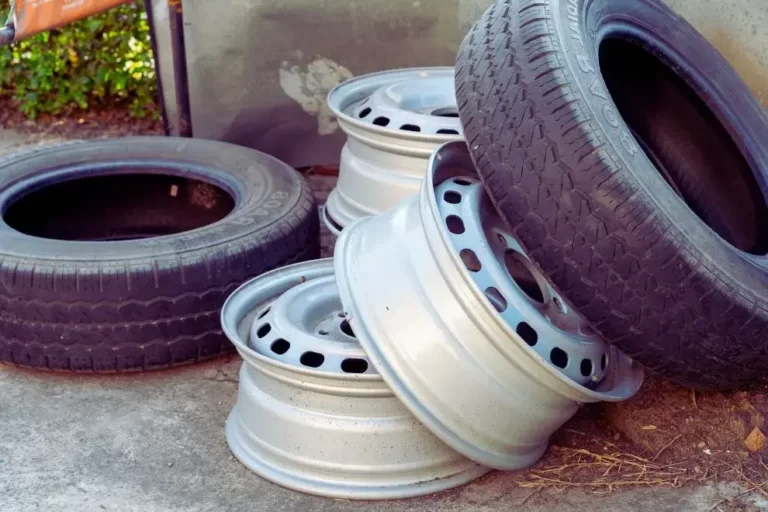Is A Motorcycle An Asset
Motorcycles have long been a popular mode of transportation. With their sleek design, speed, and agility, motorcycles offer an efficient and enjoyable way to get from point A to point B.
For many enthusiasts, owning a motorcycle is viewed as more than a means of transportation. It’s seen as an asset in the overall enjoyment of life. In this article, we will explore whether or not a motorcycle can be considered an asset according to various criteria.
Is Owning a Motorcycle Worth the Investment?
The question of whether or not a motorcycle is considered an asset has been discussed by motorcyclists for decades. To answer this question effectively, one must consider factors such as cost versus usability/enjoyment ratio; potential financial return on investment; resale value; availability and convenience; maintenance costs; safety features; and environmental impact. Each factor should be weighed against the other when determining if motorcycle ownership could provide benefits beyond just access to transportation.
For decades, motorcycle enthusiasts have debated whether owning a motorcycle is truly an asset. To effectively answer this question, one must consider several factors determining whether owning a motorcycle is beneficial beyond just transportation access. These factors include the cost versus the usability and enjoyment ratio, the potential financial return on investment, resale value, availability and convenience, maintenance costs, safety features, and environmental impact.
Undoubtedly, owning a motorcycle is a source of pleasure for many riders. However, financial and practical considerations must also be taken into account. The cost of purchasing and maintaining a motorcycle should be considered compared to owning a car. While motorcycles may be cheaper to buy and maintain, they require more frequent maintenance and may be more expensive to insure.
Another essential consideration is the resale value of the motorcycle. Although motorcycles may value less than cars, specific models and brands may hold their value better than others. Therefore, it’s essential to research and consider how long you plan to keep the motorcycle when purchasing.
In addition to financial considerations, safety should be a top priority when owning a motorcycle. Motorcycle riders face a higher risk of accidents and injury than car drivers. Investing in quality safety gear and taking safety precautions when riding is crucial.
Cost
If you want to buy a motorcycle, it’s crucial to consider its ownership cost. The fuel efficiency of motorcycles makes them attractive as they can save money on commuting costs. Still, other factors should be considered when deciding whether to buy a motorcycle.
For exaMotorcycles have higher maintenance and repair costs than cars due to the need for frequent replacement of components like tires, brakes, and chains. This could result in added costs that cancel out any potential savings from improved fuel efficiency.
When deciding if a motorcycle is the right choice for you, safety should also be taken into consideration. Did you know that statistics indicate that motorcyclists experience fewer accidents compared to car drivers? It’s amazing how such a nimble vehicle can lead to greater safety on the road.
But remember that motorcycle accidents are usually more severe than car accidents because riding on a motorcycle provides less protection.
Financial Return On Investment
Motorcycles have become an extensively favoured means of transportation. Investing in a motorcycle involves careful consideration of multiple factors, ranging from tax benefits to insurance costs. It’s important to weigh all these aspects before making a decision.
For starters, purchasing a used motorcycle can provide substantial tax savings if registered as an asset rather than just personal property. The depreciation write-off alone could easily eclipse any other expense associated with ownership. Additionally, most states offer reduced taxes for motorcycles owned by individuals or businesses over vehicles such as cars or trucks.
When you buy a bike, lenders usually need you to get full coverage insurance. But, the cost of the insurance depends on the type of bike you bought. In some cases, owners may even take advantage of discounts based on their driving record or when they have been insured.
It’s important to understand all potential expenses before buying a new or used motorcycle to satisfy you with unexpected costs. It’s also wise to research what incentives and credits your state offers for motorcyclists. These can help offset some upfront costs of getting out on two wheels.
Resale Value
When considering the asset status of a motorcycle, resale value is also an important factor to consider. A well-maintained bike can hold its value for years and command a high asking price when reselling. The price of your used car will vary depending on its fuel efficiency, insurance costs, and overall condition due to wear and tear.
The more reliable a machine has been throughout its lifespan, the better off you’ll be when looking to sell it down the line. Fuel efficiency goes hand in hand with reliability. Suppose it uses less fuel per mile travelled than other similar models. In that case, that makes it more attractive to buyers seeking out economical transportation.
Additionally, any discounts or deals you could secure on insurance policies over time contribute further towards making your ride more desirable in terms of cost-efficiency.
Finally, regular maintenance and upkeep are essential for running your motorcycle at peak performance. This means regularly checking fluid levels, changing out air filters, and replacing worn tires before they become dangerous.
These steps will make sure your car looks and works like it’s brand new when you sell it second-hand. Taking good care of your bike can make sure you get top dollar for selling it later on down the road.
Availability And Convenience
The convenience factor of owning a motorcycle is an important asset. Motorcycles offer drivers the freedom to manoeuvre in congested areas, park easily, and save money on gas. This makes them ideal for short trips around town or longer journeys through rural areas with winding roads.
The agility of motorcycles also gives riders access to scenic views that might otherwise be inaccessible by car due to narrow paths and tight turns.
Motorcycles also require less maintenance than cars, which means fewer expenses over time. Repairs can even be done easier as parts are simpler and faster to replace than those in cars. As such, there’s no need for regular oil changes or other expensive preventative services like those required for vehicle upkeep.
Maintenance Costs, Safety Features, And Environmental Impact
They range from economical, lightweight models to powerful touring bikes that can easily travel long distances. Maintenance costs vary according to the motorcycle’s size and engine power. Still, they generally require little upkeep compared to other vehicles.
Additionally, modern motorcycles come equipped with safety features such as anti-lock brakes and stability control systems, making them an appealing choice for riders who prioritize safe operation over raw performance.
When considering whether or not a motorcycle is an appropriate asset, it is important to consider both convenience and accessibility options. Some manufacturers offer specialized accessories designed specifically for those with limited mobility or physical disabilities so that anyone can enjoy riding in comfort and confidence.
In addition to these factors, one should be aware of the environmental impacts of owning a motorcycle. Emissions standards have improved significantly over time due to advancements in fuel injection technology which reduce pollution output without sacrificing power delivery or reliability.
However, even newer motorcycles may produce more pollutants than traditional four-wheeled vehicles, especially at high speeds. So, it is wise to consider this before making any ownership decisions.
Conclusion
The bottom line is that motorcycles can be both an asset and a liability. It’s important to consider the cost versus usability/enjoyment ratio, financial return on investment, resale value, availability and convenience, maintenance costs, safety features, and environmental impact before making any decisions. Ultimately, deciding whether to purchase a motorcycle should weigh all of these factors to make a sound investment. With proper research and planning, owning a motorcycle can add immense joy and freedom for many years after purchase.






